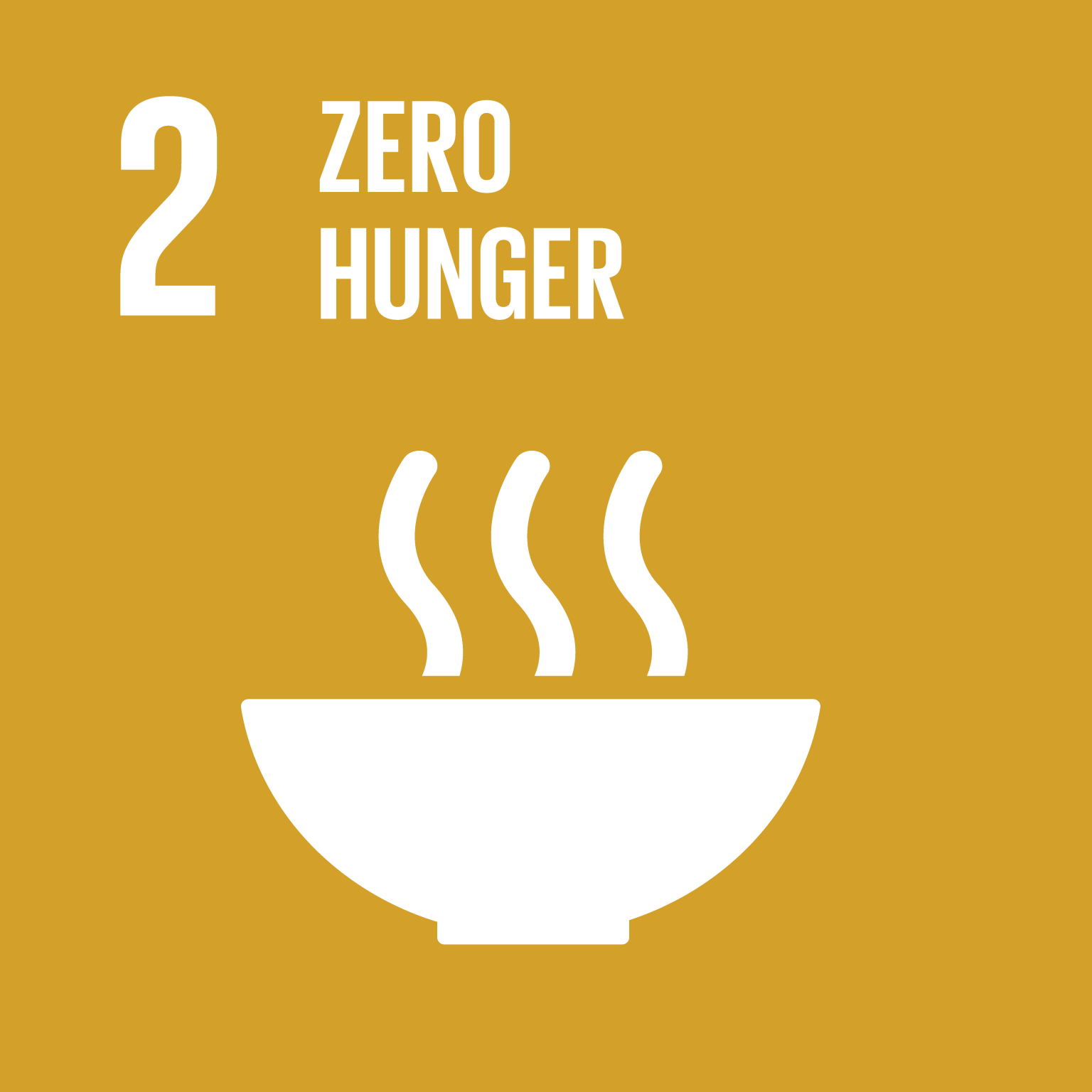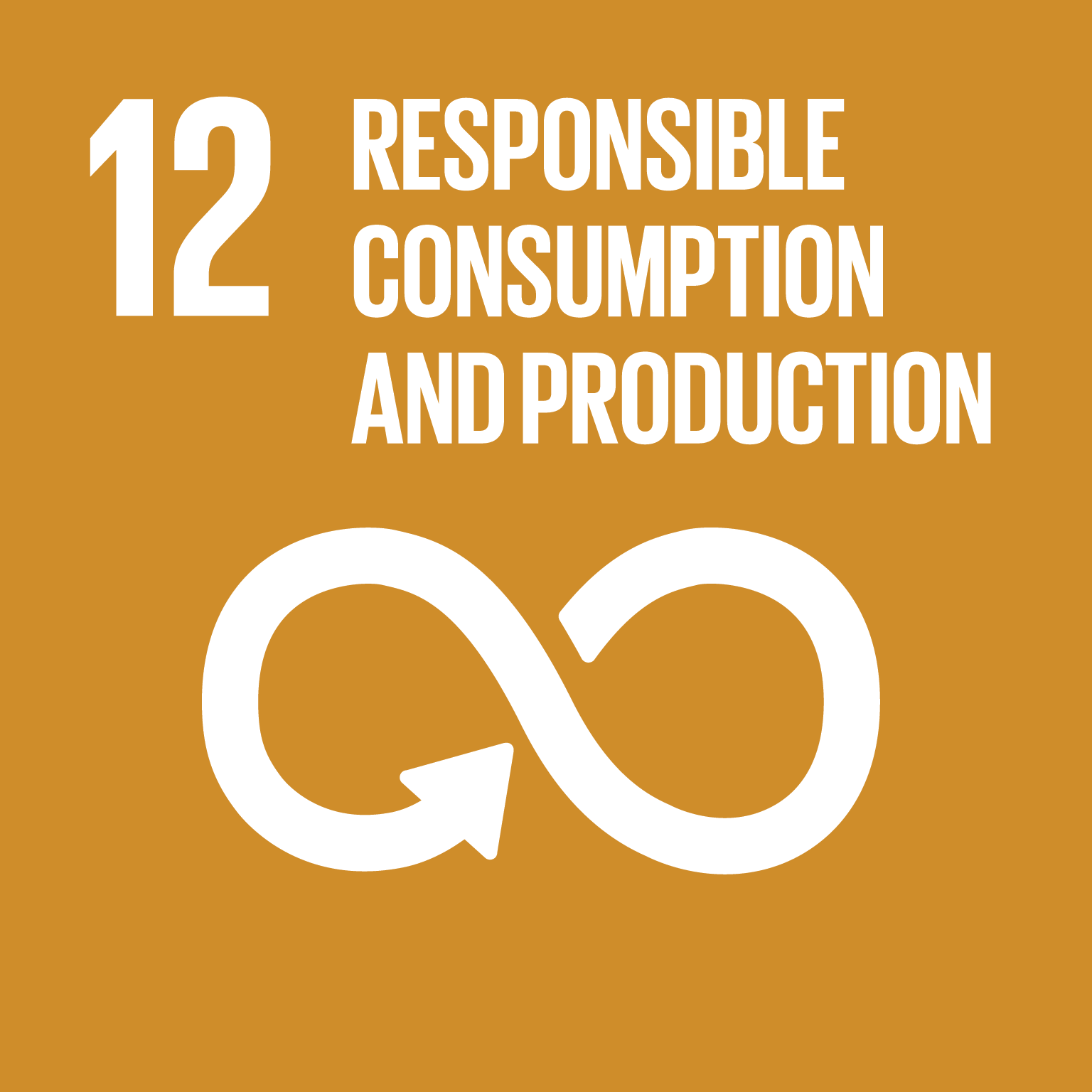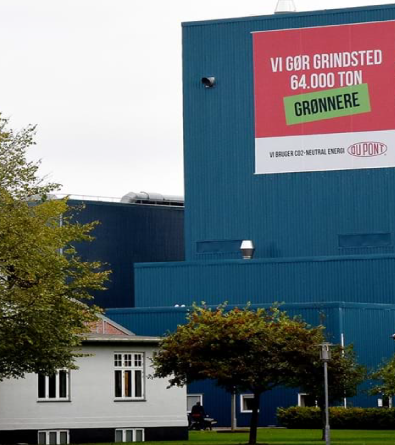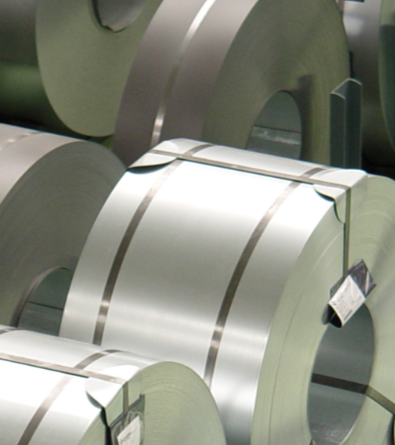Low-carbon food alternatives
Article

As nations urbanize and incomes rise, demand for meat is expected to rise by 73% between 2010 and 2050. Modern beef production is extremely resource intensive. According to the World Resource Institute, per pound, beef requires 20 times more land and emits 20 times more CO2e per unit of protein, compared to common plant-based proteins such as beans, peas and lentils. In order to feed the world without degrading it further, we need a viable alternative that still satisfies market needs.
DuPont Nutrition & Biosciences’ SUPRO® MAX structured vegetable protein has a similar texture, taste and appearance to ground beef, it also has a carbon footprint that is up to 70 times smaller than protein from beef. From a lifecycle perspective, SUPRO® MAX emits a mere 3 kg CO2e per kilogram of protein, as compared to 100–200 kg CO2e per kilogram of protein for beef.
In 2016, Americans consumed about 26 kg of beef per capita, at least half of which was eaten in the form of a hamburger. By replacing just half of America’s burger meat with SUPRO® MAX protein, we can avoid about 70 million MTCO2e per year, which is the same as removing more than 15 million mid-sized cars from the road.
[1] http://www.fao.org/3/i2373e/i2373e.pdf
[2] https://www.pbs.org/newshour/science/the-hidden-costs-of-hamburgers






